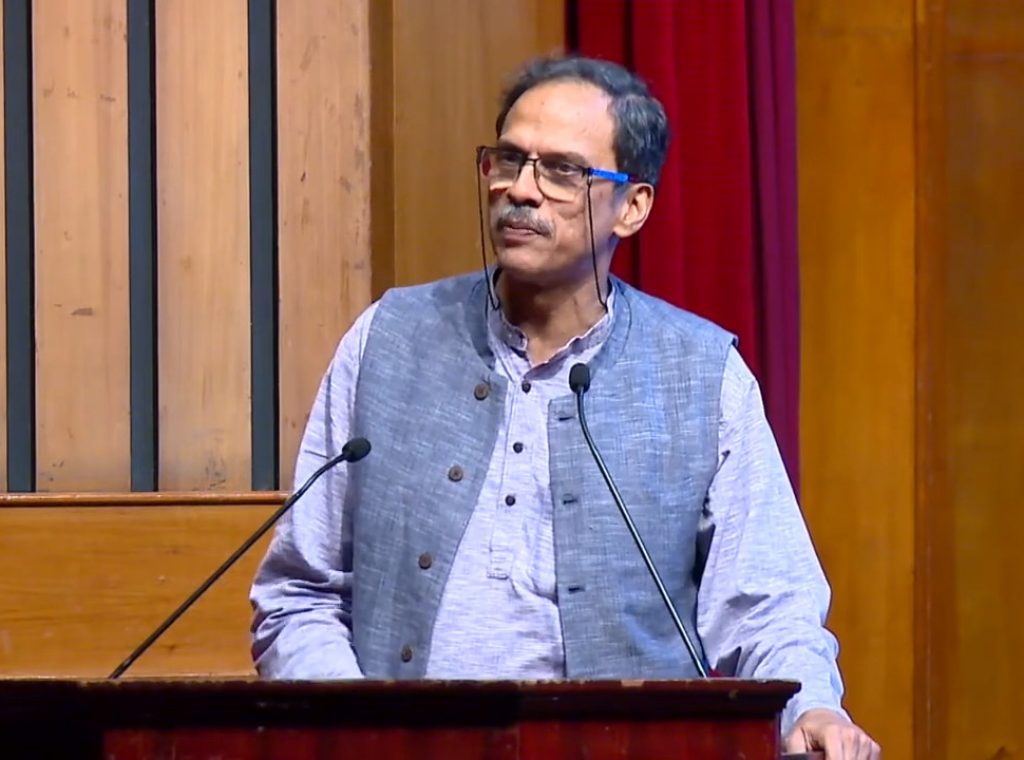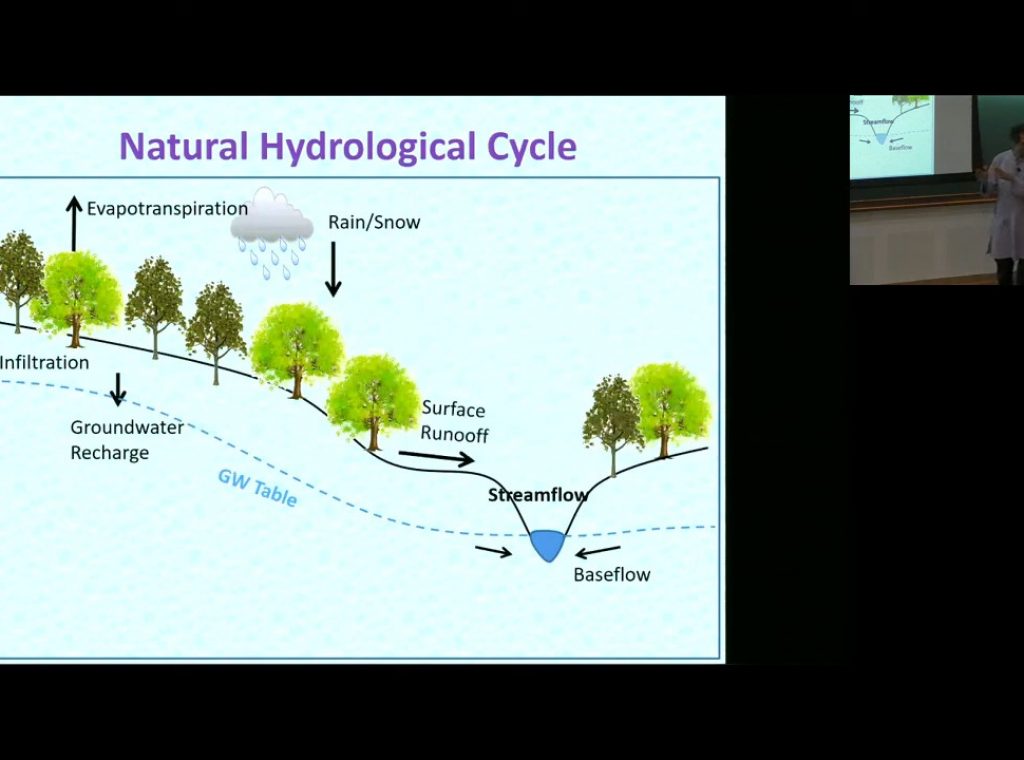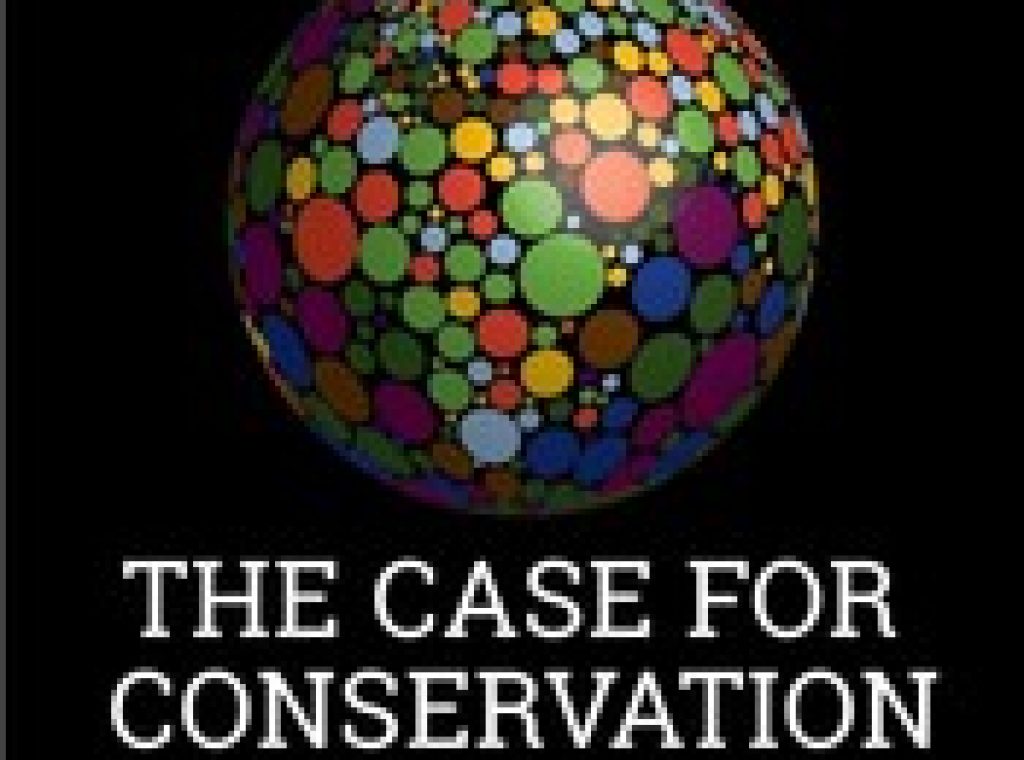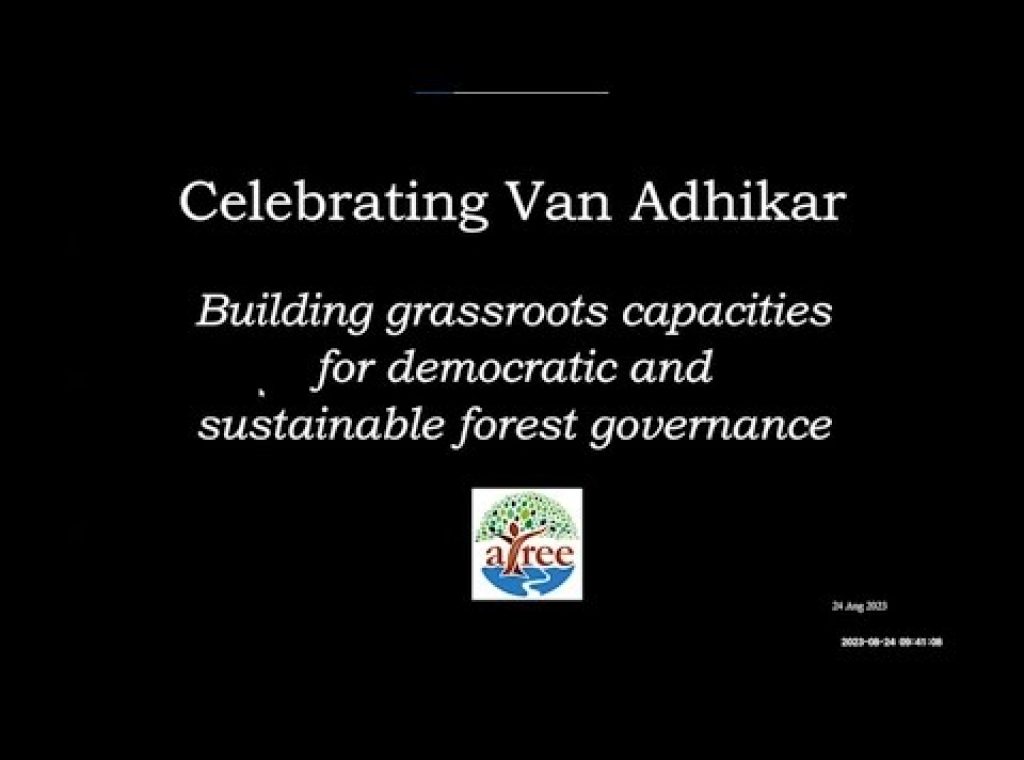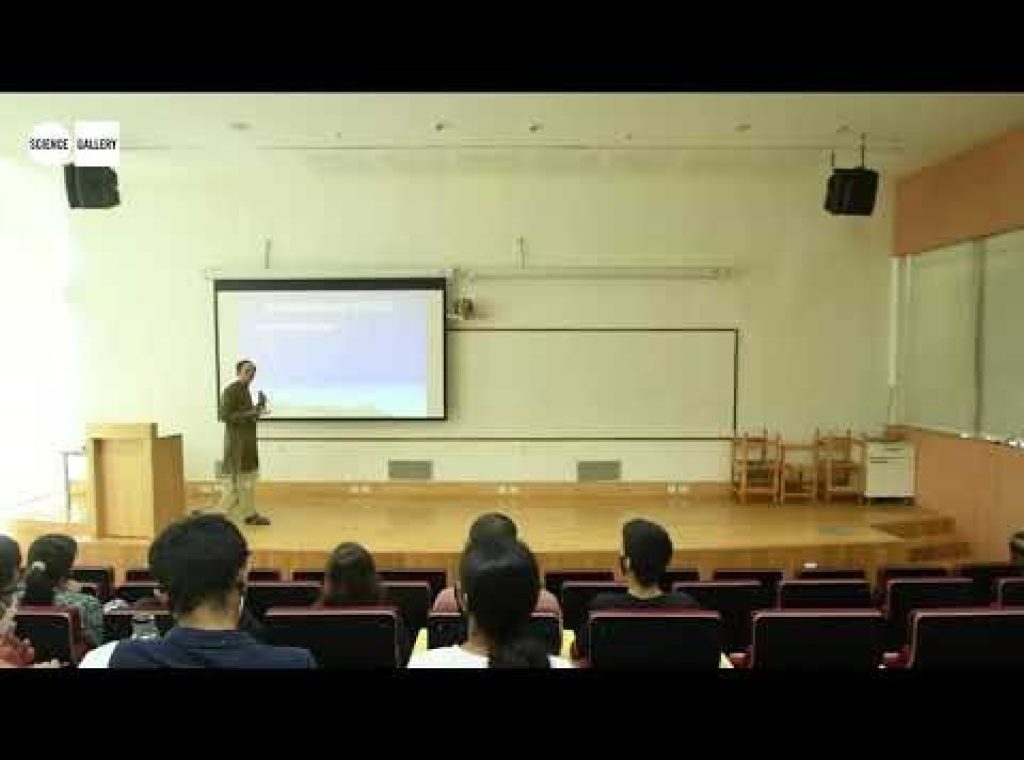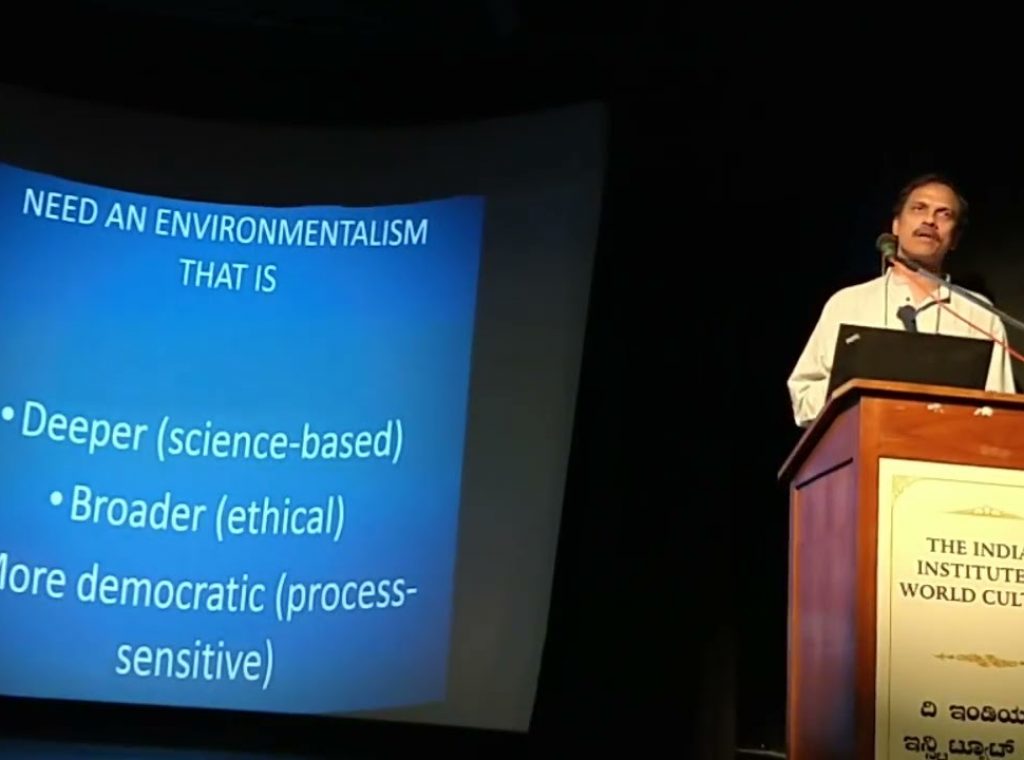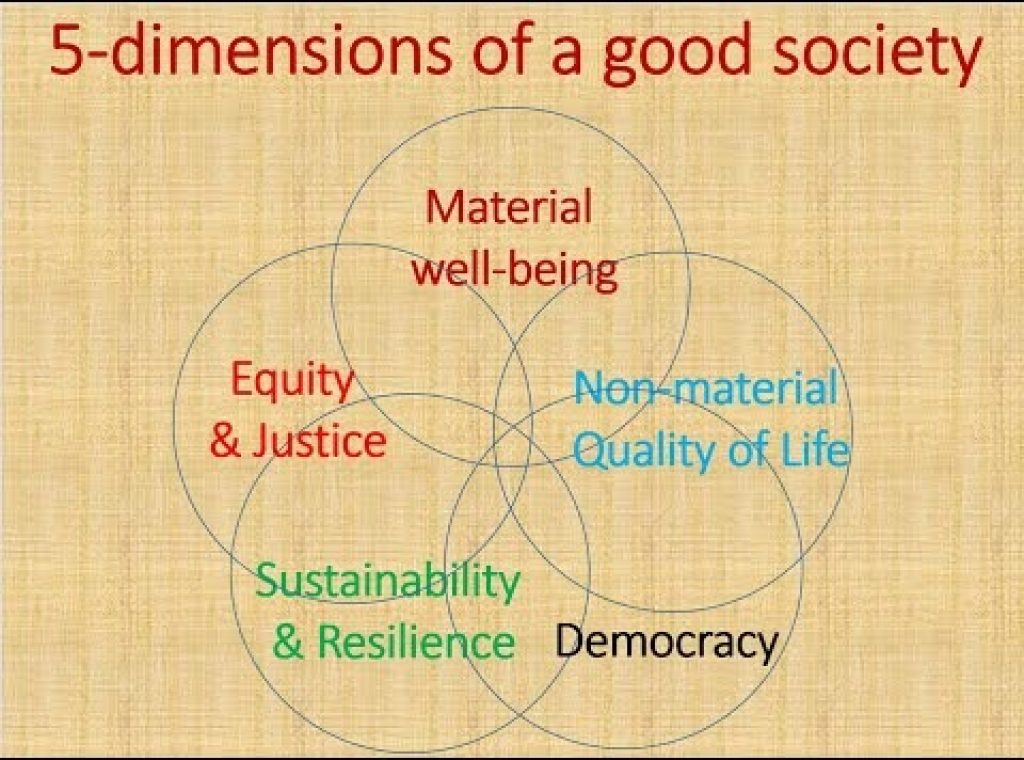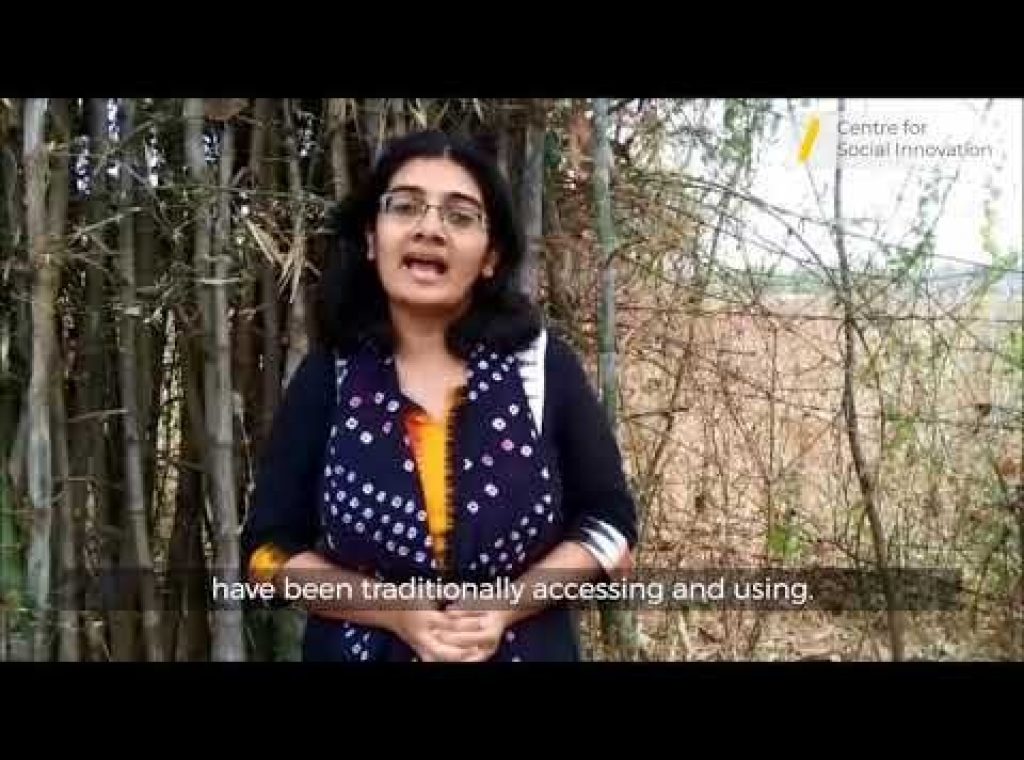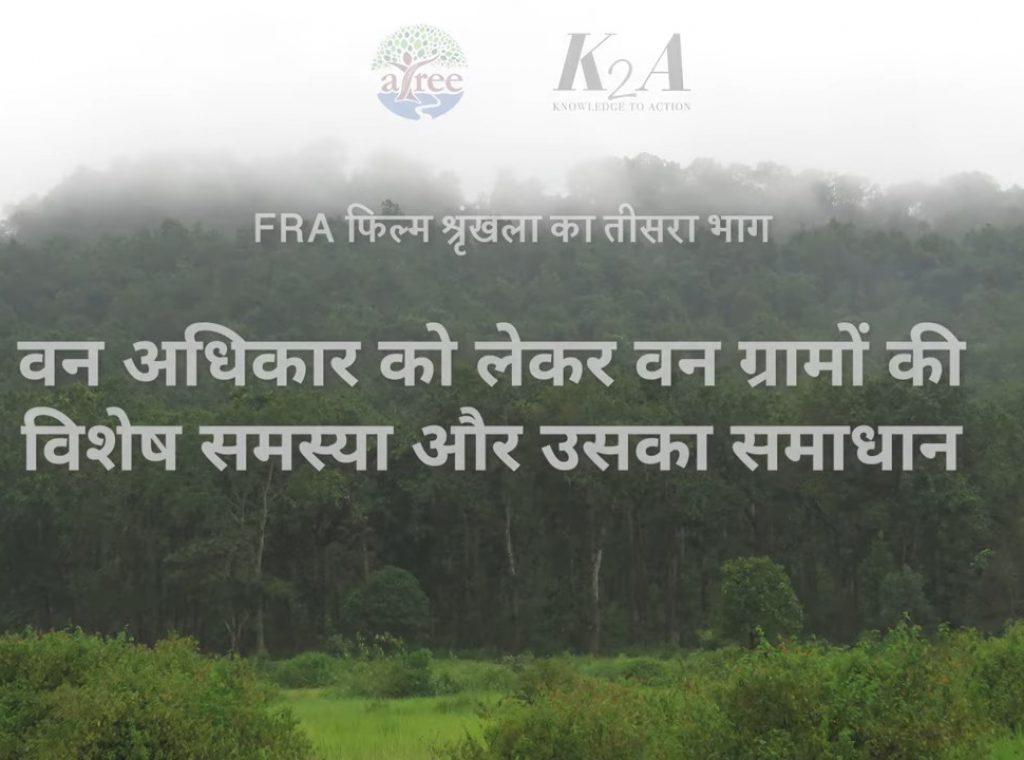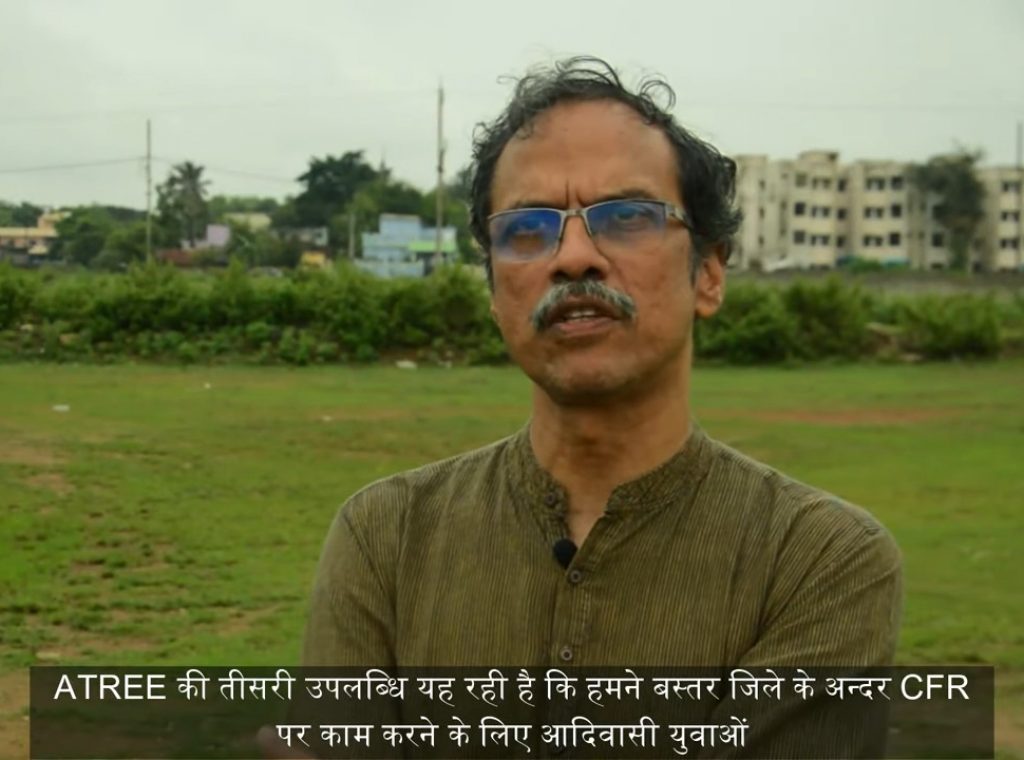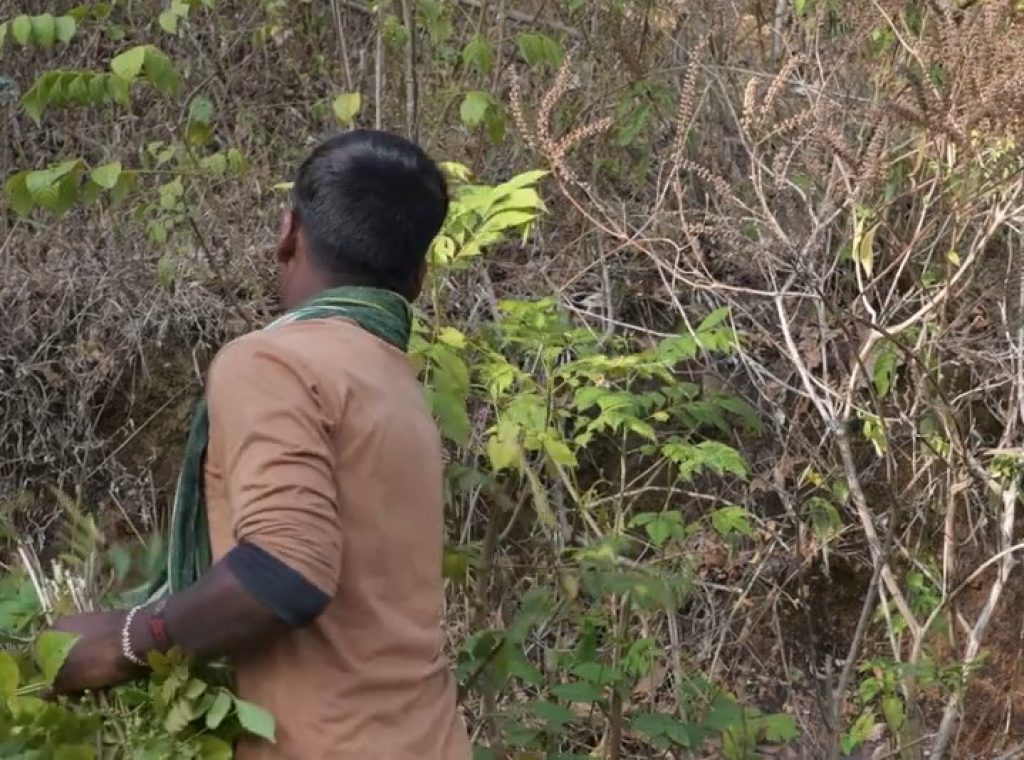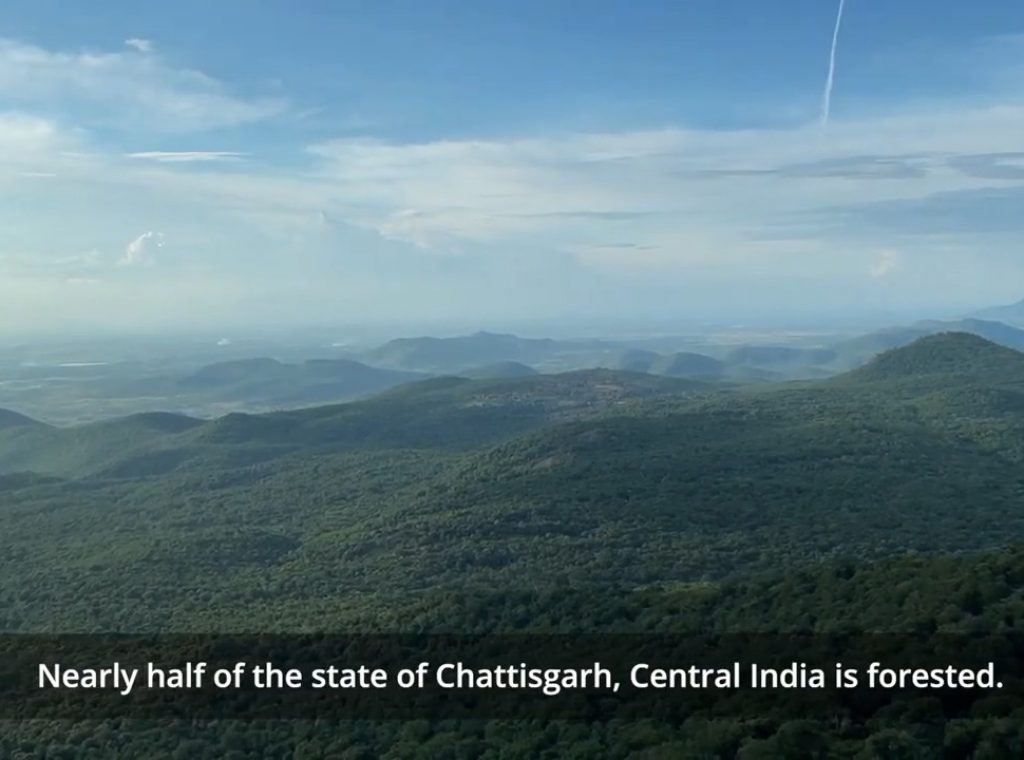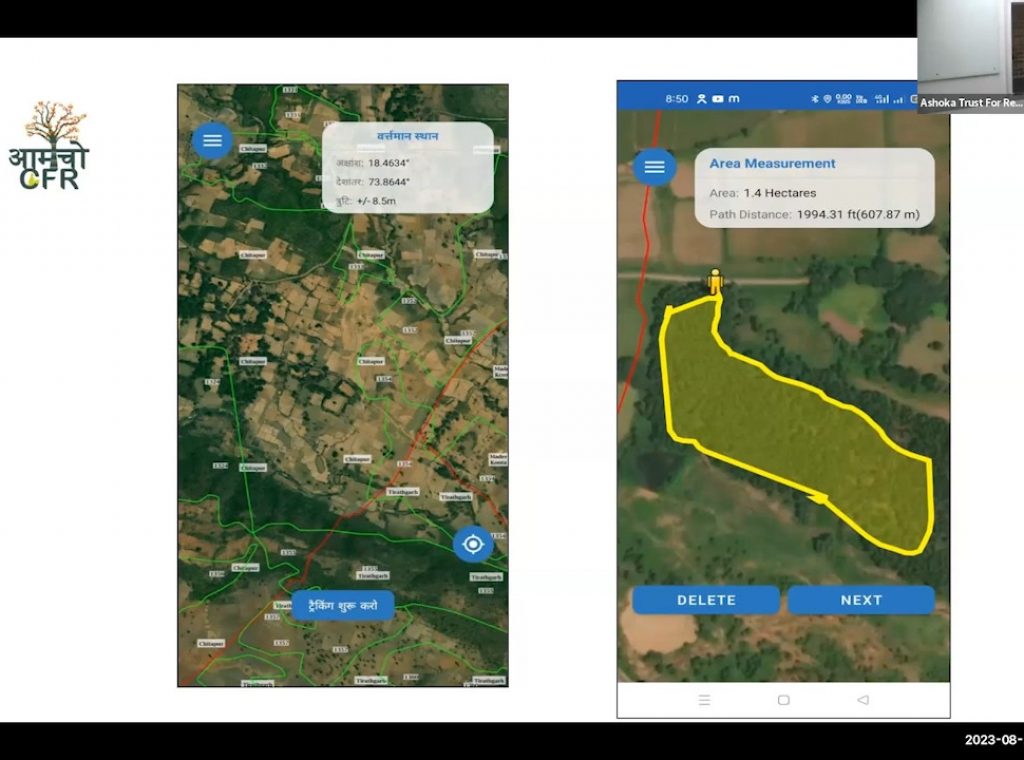Distinguished Fellow, Forests, Governance and Livelihoods
Sharad’s research interests include conceptual issues in sustainable development and sustainability and the analysis of institutional, economic, ecological and technological issues in forest, energy and water resource management. He attempts to incorporate strong interdisciplinarity in his research and teaching, which straddles ecology, economics and political science. He is interested in understanding the interactions between the nature of environmental problems and the structures of governance used to address them and exploring the questions of law, science and bureaucratic accountability in the functioning of these structures.
Sharad teaches 3 core courses in ATREE’s MSc and PhD programmes:
“Conservation is an important part of the environmental debate today. It is also the prime focus of this Masters programme. This course investigates the history, definition, scope, values and ethics underpinning that term, explores its relationship with other environmental concerns, the relationship of environmentalism with other societal goals, and the challenges of effective environmental conservation in democratic societies. At the end of the course, students should be able to describe the different cultural conceptions of what is to be conserved and why, and coherently articulate the challenges to effective and ethical conservation in a democracy. In brief, we try to foster “an honest conversation about conservation”!
This core course builds on the disciplinary knowledge to which students are exposed in semester 1 and focuses on the challenge of linking and integrating this knowledge to study society-environment interactions holistically. The first half of the course is common to PhD and Master students, in which we explore the nature of environmental problems as a special class of social problems, of the inherently value-laden nature of such problems, and the need for and challenge of doing rigorous interdisciplinary but rigorous research in this context. We discuss the normative concerns that are central to the environment-development debate. We then take students through different (often competing) perspectives on the society-environment relationship.
In the second half of the course, we will separate the tracks for the PhD and MSc students: The PhD students will focus on understanding how interdisciplinary research projects/dissertations have sought to frame and conduct such research with a series of examples that have used one or more of these perspectives to frame and analyse a particular environmental problem. The MSc students will focus on understanding how interdisciplinary ‘solutions’ are crafted, whether for policy or for practice, focusing on what normative concerns and merging multiple causal perspectives and solution styles in what way.
Conservation/environmental policy refers to the work of the state in setting directions, drawing boundaries, defining standards and incentives/disincentives, and monitoring and enforcing these mechanisms to achieve conservation and environmental goals. A broader perspective includes the role of the judiciary, civil society groups, and the resource users and those affected. This course introduces key theoretical concepts: why environmental policy/governance is necessary (nature of the resource, nature of societal decision-making) and what its instruments can be (legal, fiscal and administrative). We then use examples from various sectors—with a special focus on biodiversity and forests—to understand how these instruments are deployed and how they perform in India. We also discuss how other state and non-state actors such as the judiciary and social movements have shaped environmental policy in India.
Sharad engages actively in contributing his interdisciplinary environmental knowledge to the policy sphere by serving on various local, state and national committees/task forces.
Ongoing engagements:
Past engagements:
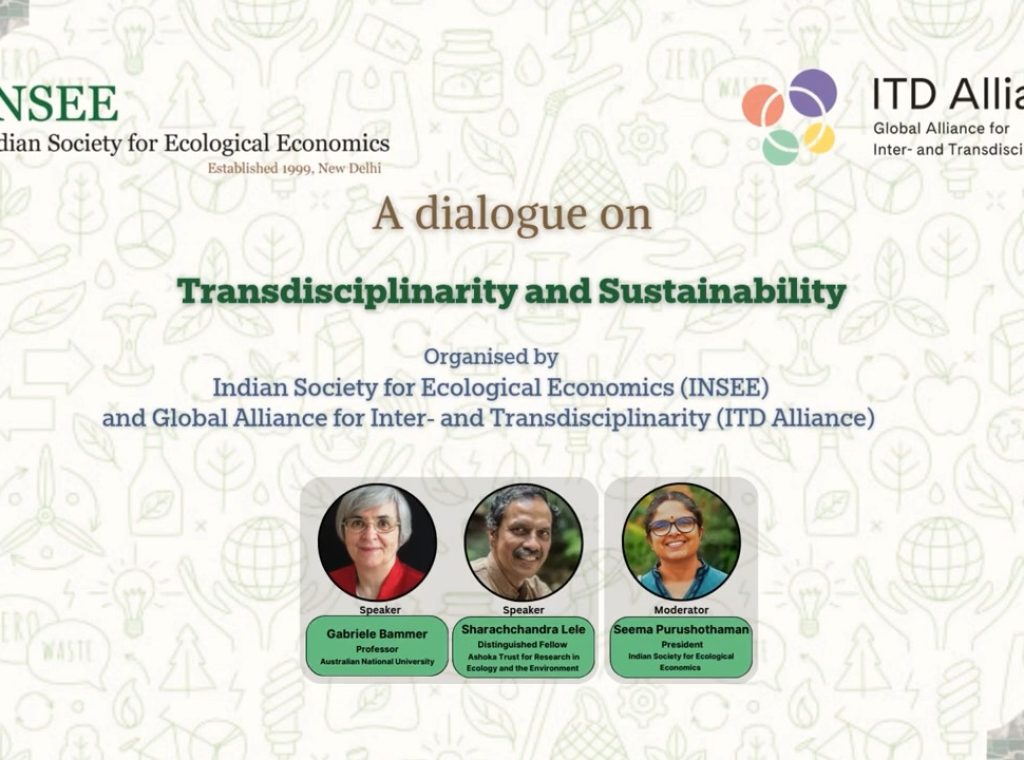

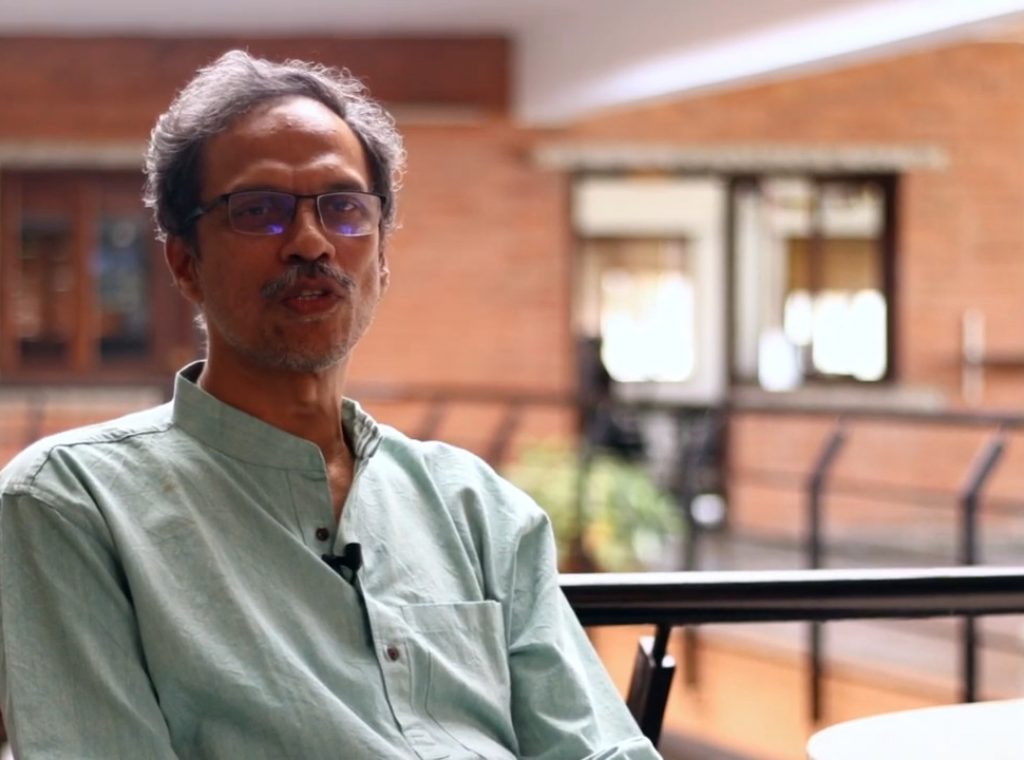

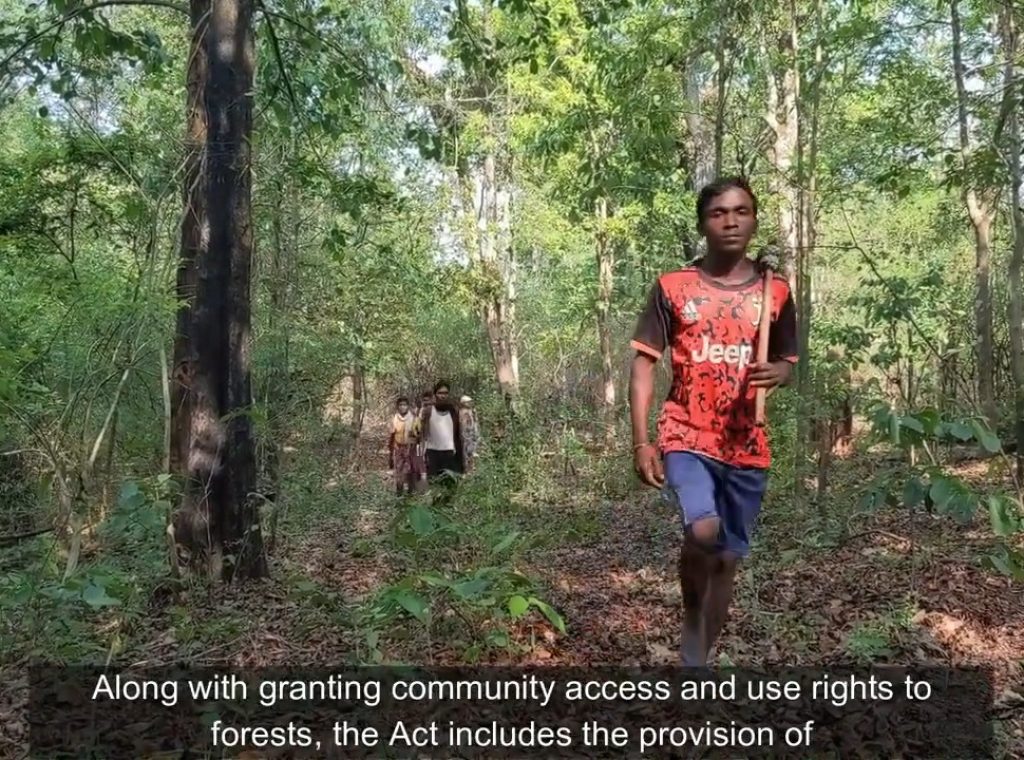

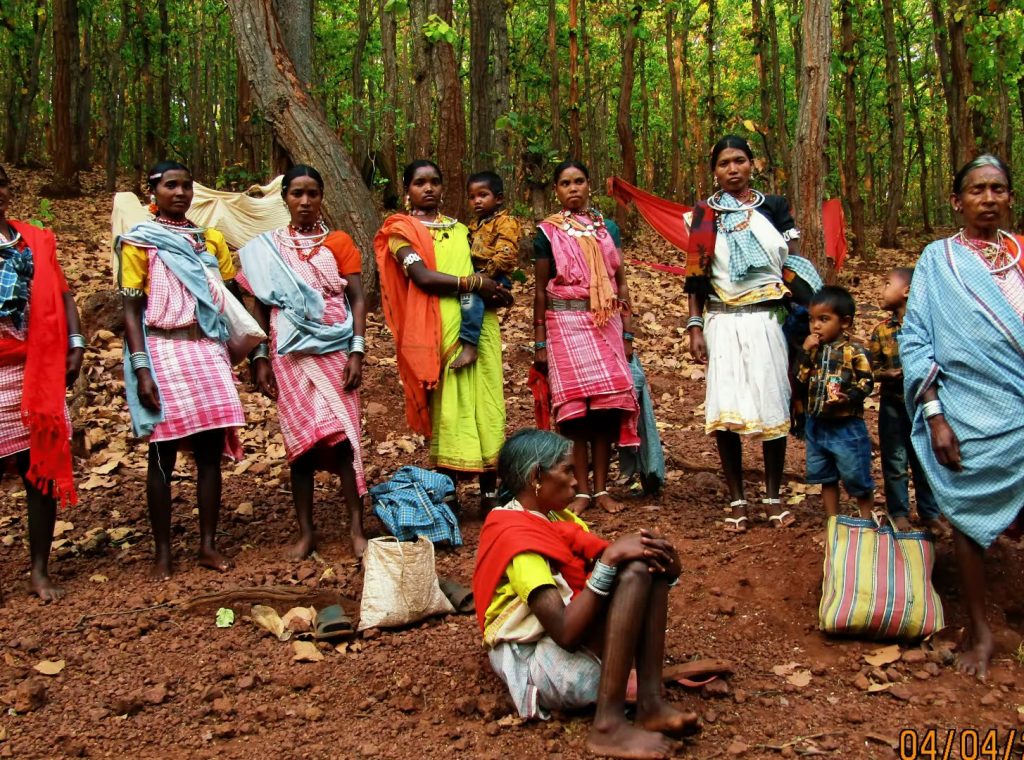

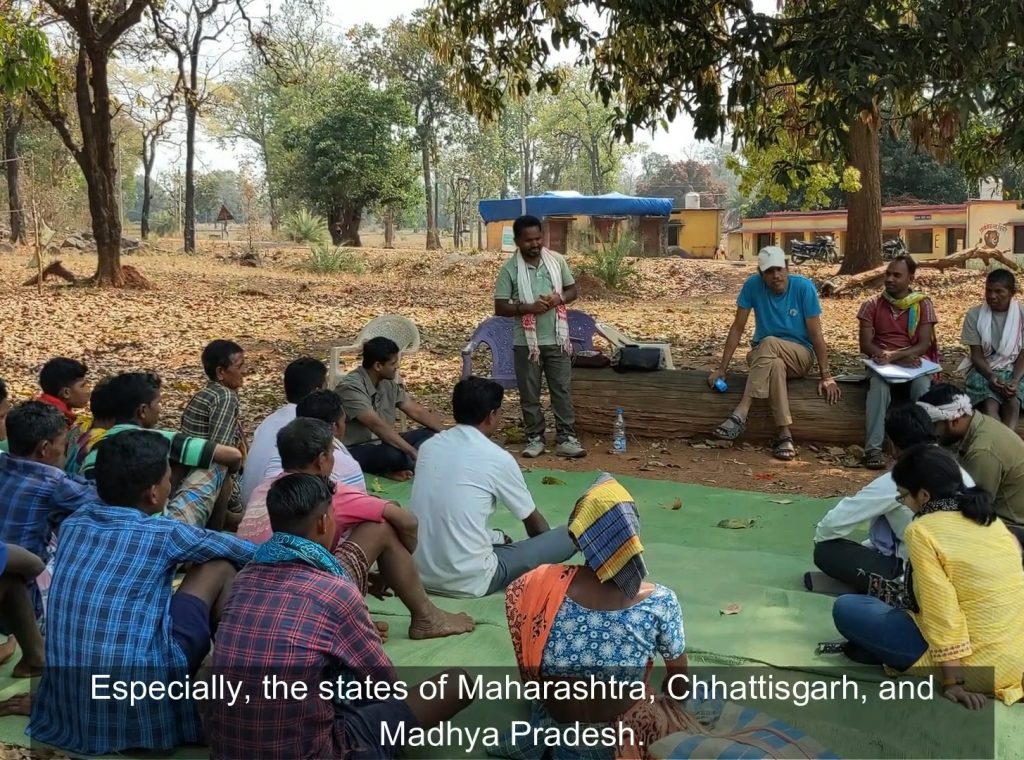

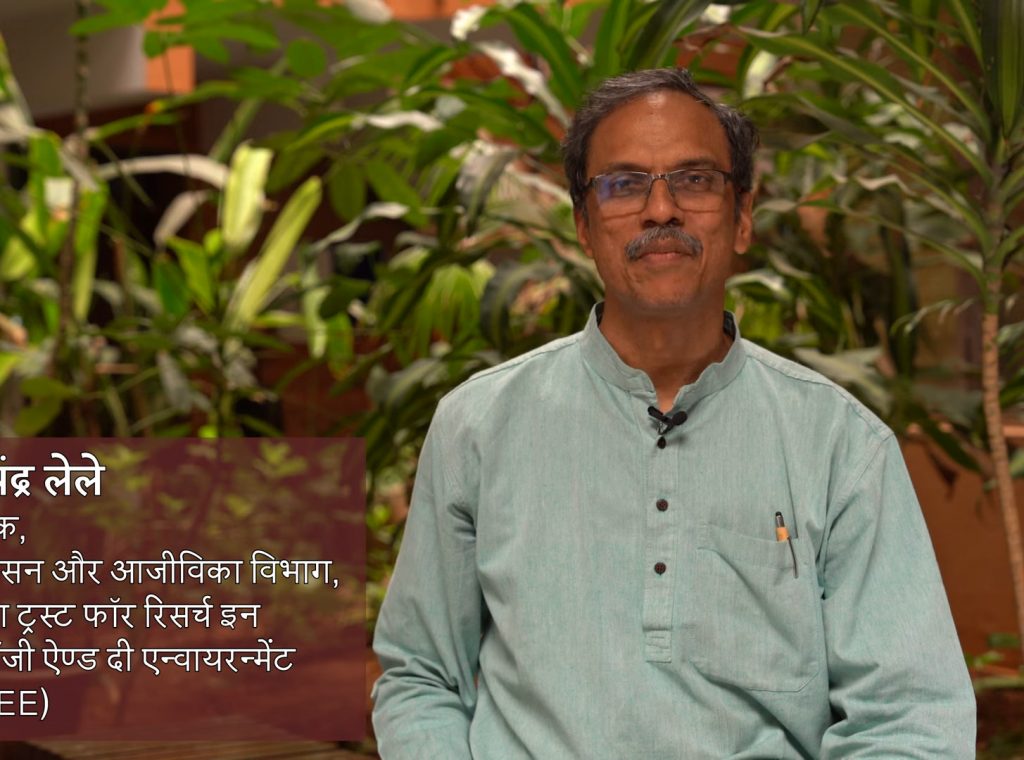

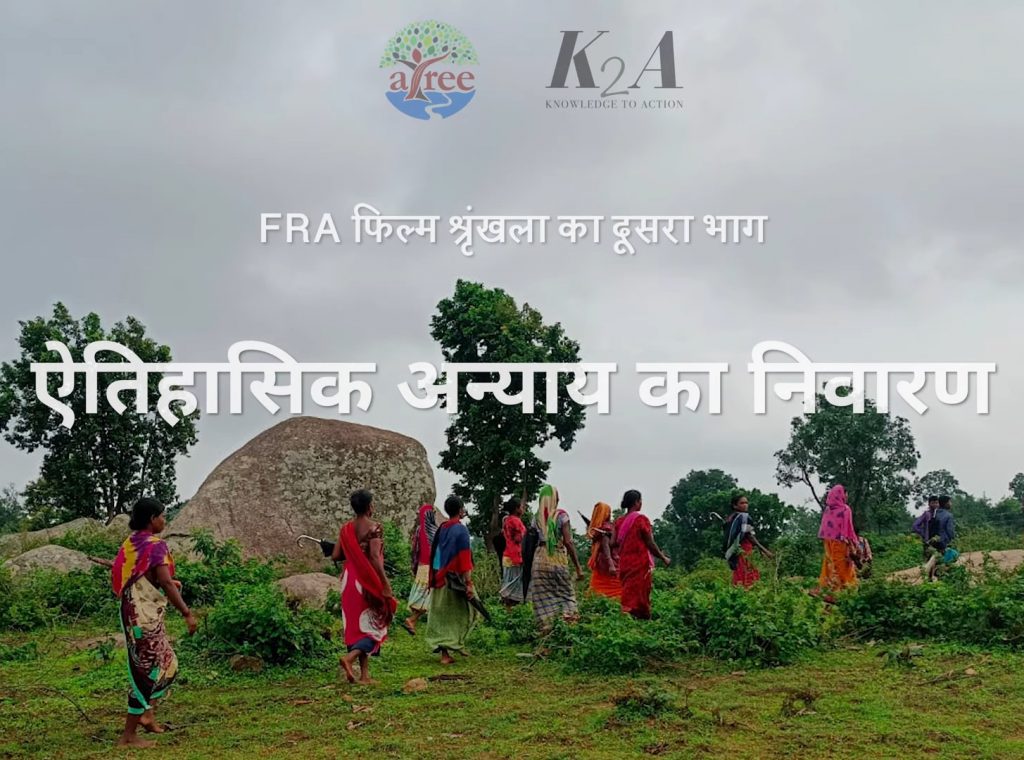

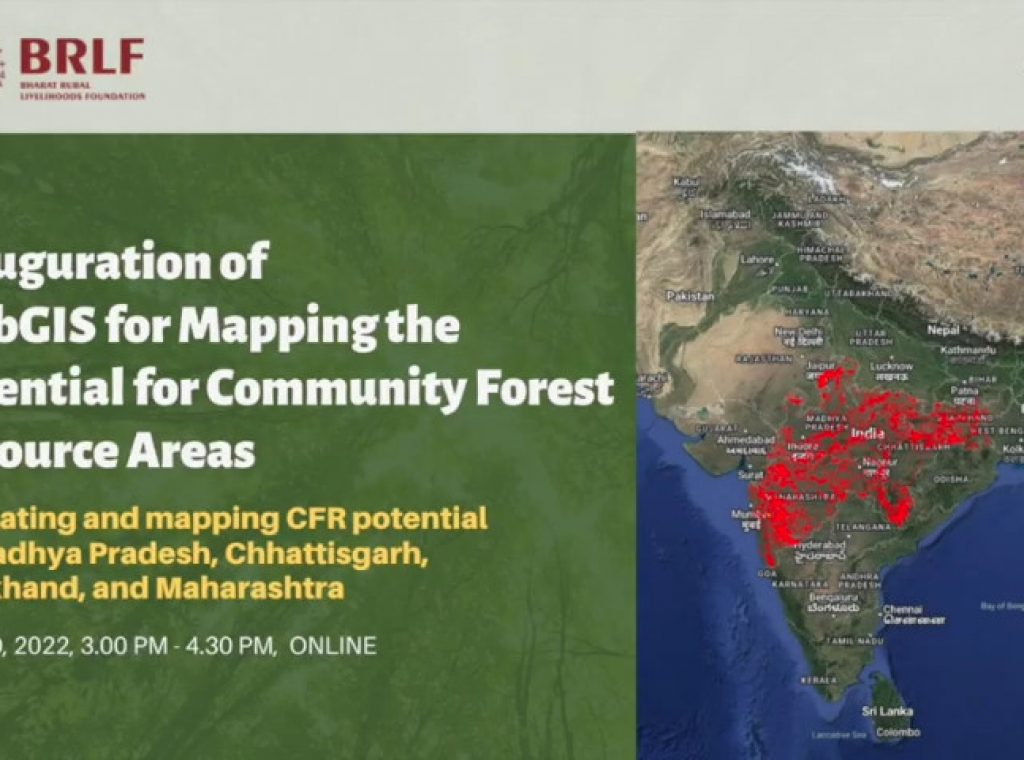

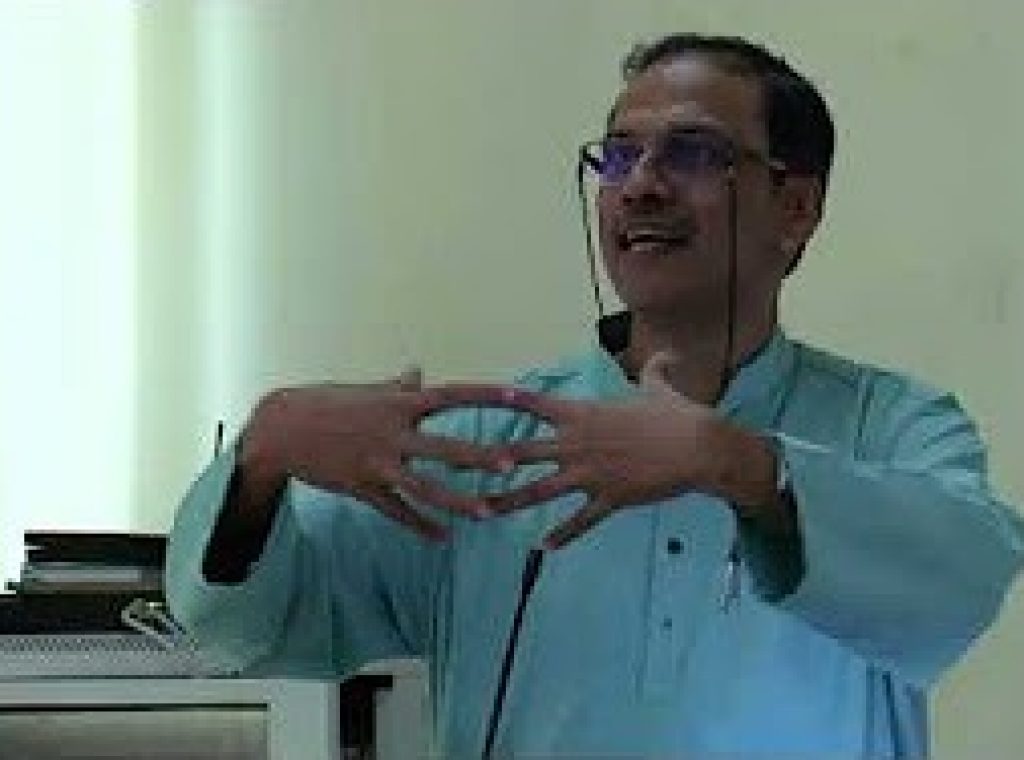

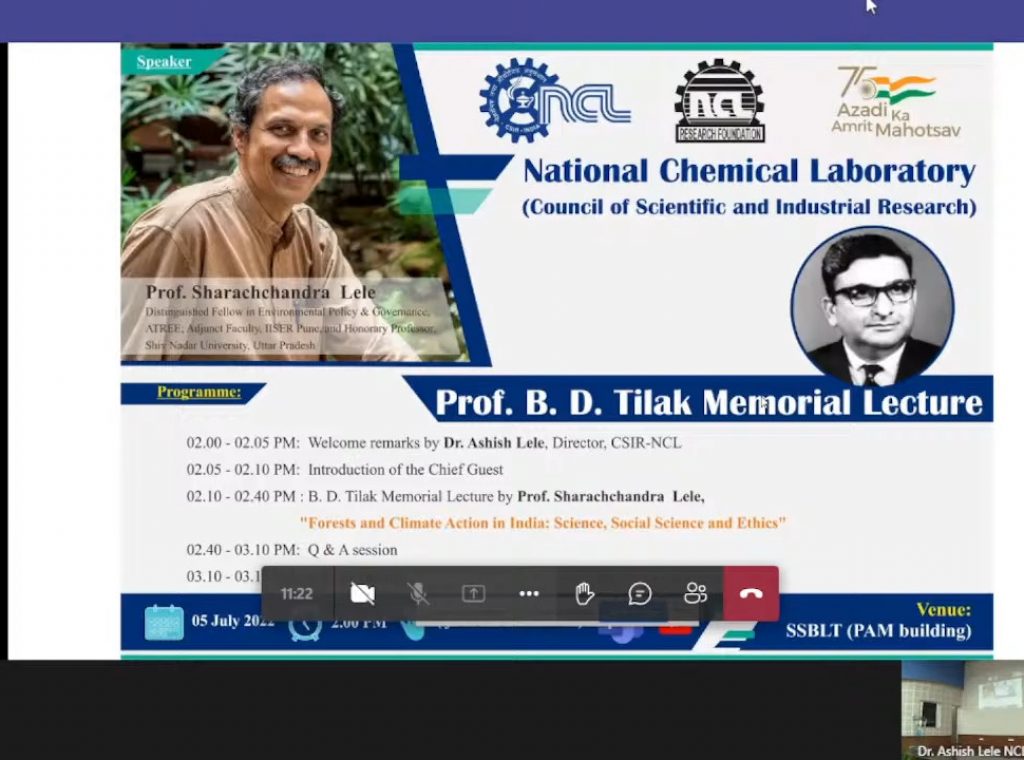

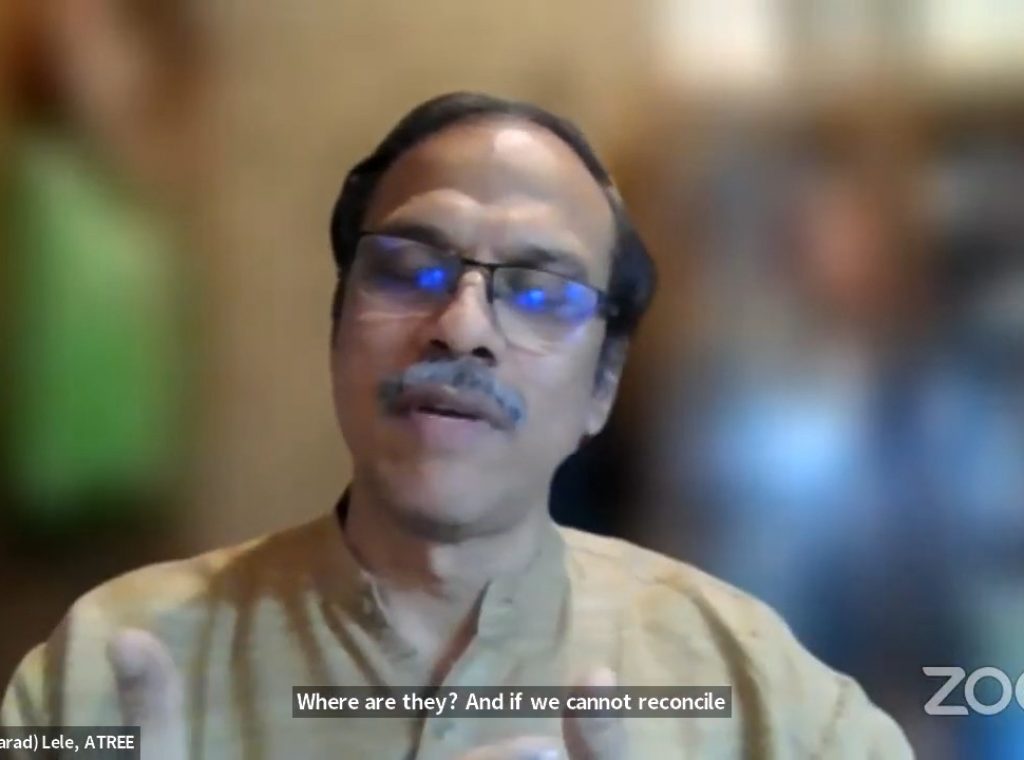

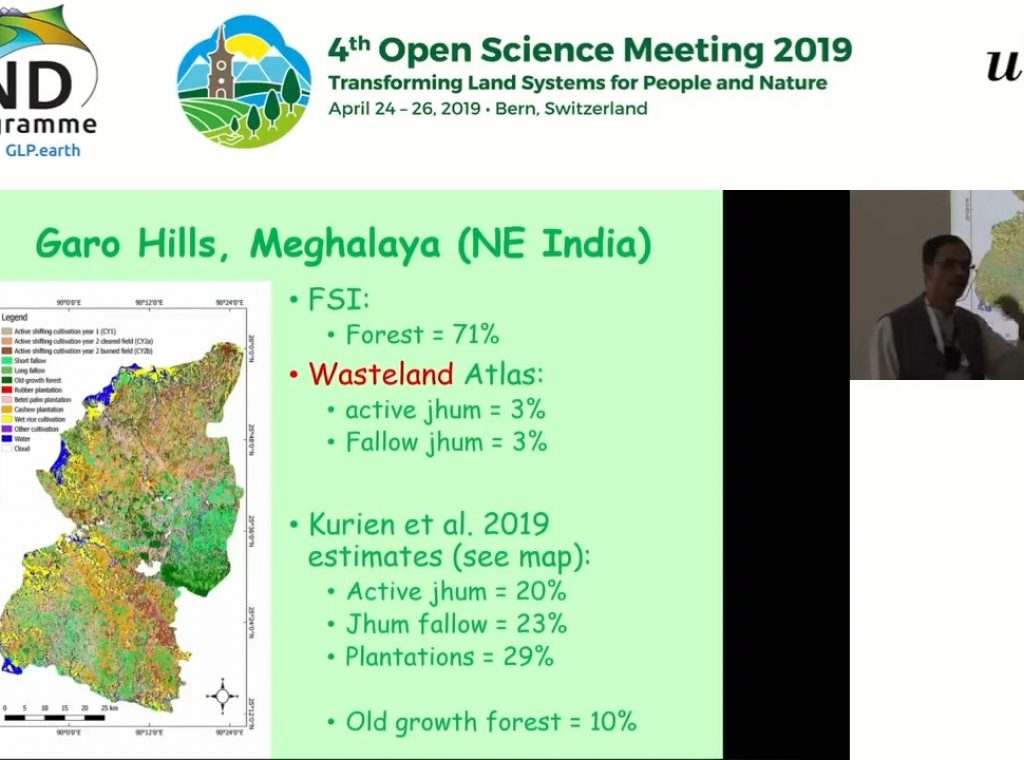

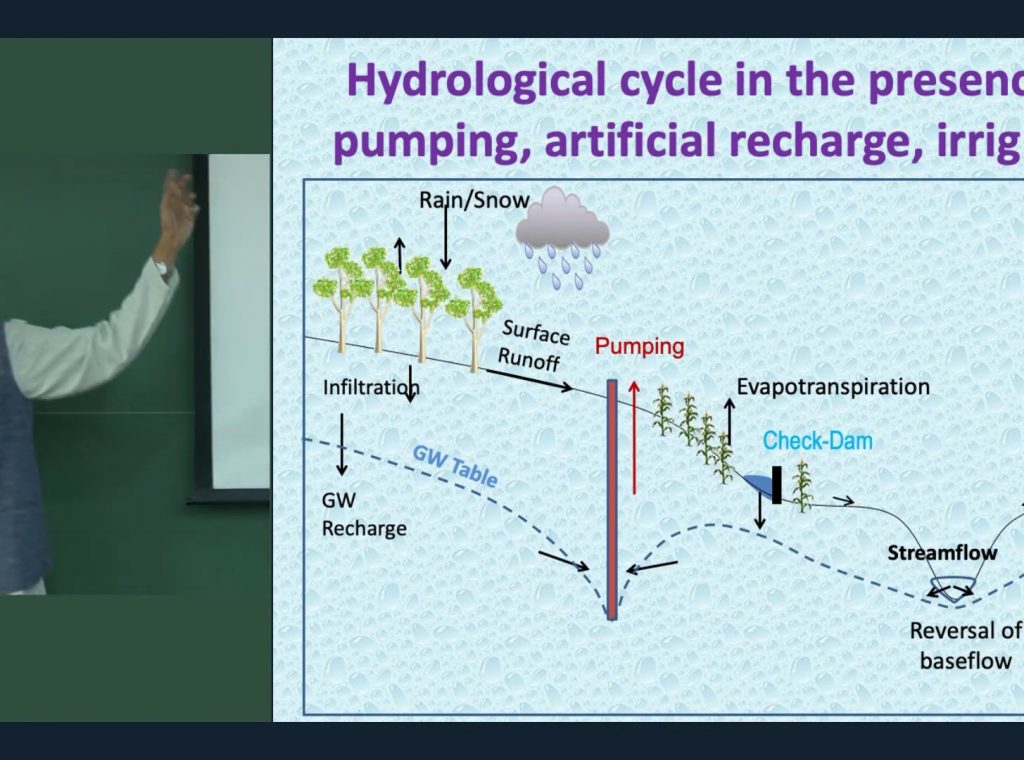

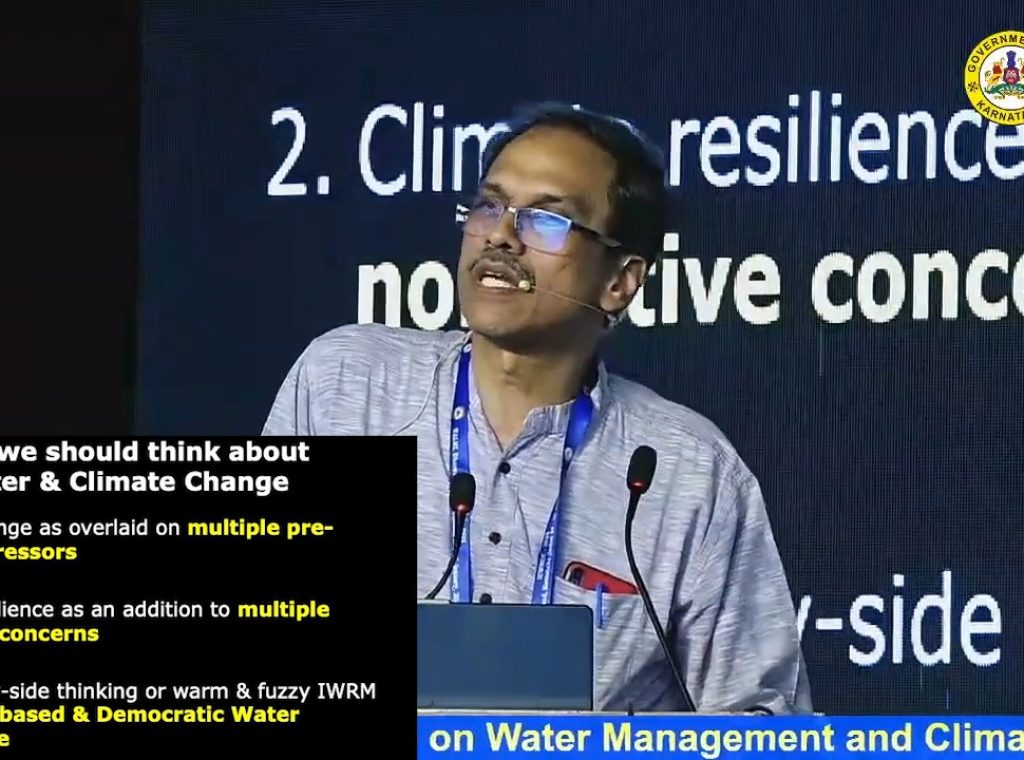

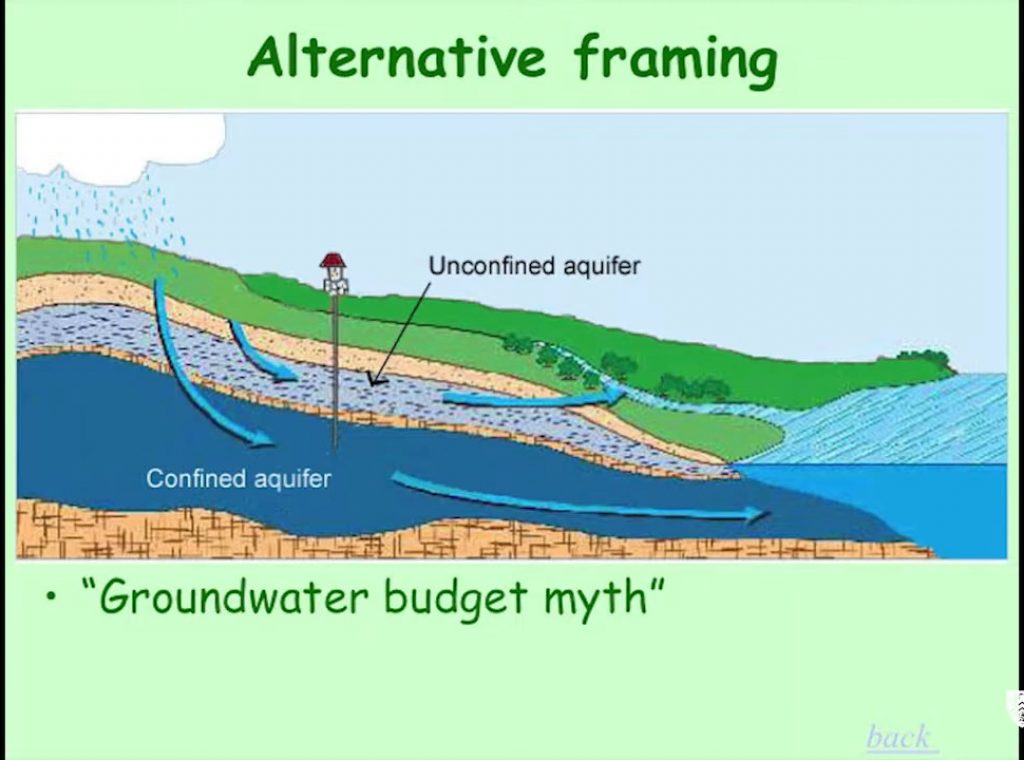

![River or Sewer_ The Story of Vrishabhavathy River in Bengaluru, Southern India [English] 0-53 screenshot River or Sewer_ The Story of Vrishabhavathy River in Bengaluru, Southern India [English] 0-53 screenshot](https://www.atree.org/wp-content/uploads/elementor/thumbs/River-or-Sewer_-The-Story-of-Vrishabhavathy-River-in-Bengaluru-Southern-India-English-0-53-screenshot-qyku3m6hd8zitlsny6994wrtmwrnie2kfc7dieqzsg.jpg)

![Arkavathy_ A Changing Waterscape [English] 0-51 screenshot Arkavathy_ A Changing Waterscape [English] 0-51 screenshot](https://www.atree.org/wp-content/uploads/elementor/thumbs/Arkavathy_-A-Changing-Waterscape-English-0-51-screenshot-qyku1yyneoqgi66ojynr9tps7mvj1gjh773s9z6sog.jpg)

